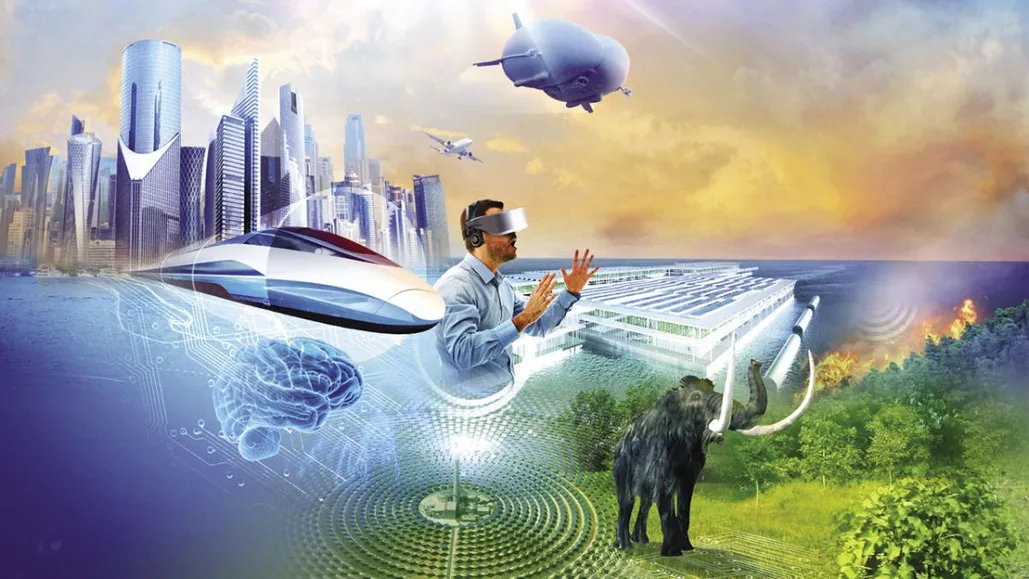Introduction
Technology is the backbone of modern civilization, influencing almost every aspect of human life. From healthcare to communication, it has brought about innovations that have improved efficiency, convenience, and connectivity. However, alongside the benefits, technology also presents new challenges that must be addressed responsibly.
Technology and Communication
Communication has undergone a complete transformation due to technology. In the past, letters and landline phones were the primary modes of interaction. Today, smartphones, emails, and instant messaging apps enable real-time global communication. Social media platforms allow individuals to share information instantly, creating a more connected world.
Technology in Healthcare
Healthcare is one of the sectors most positively affected by technological progress. Advanced medical equipment, digital health records, and telemedicine have improved patient care and accessibility. Wearable devices now allow individuals to monitor their health at home, while artificial intelligence assists doctors in diagnosing diseases more accurately. These innovations are saving lives and increasing life expectancy.
Education and E-Learning
The education sector has been reshaped by technology. Online learning platforms, digital libraries, and interactive classrooms have made education more engaging and accessible to students worldwide. During the COVID-19 pandemic, technology ensured that learning continued through virtual classes, proving its importance in modern education systems.
Technology in Business
Businesses have embraced technology to boost productivity and growth. E-commerce platforms enable companies to reach global markets, while digital marketing helps target the right customers. Automation and artificial intelligence streamline operations, making businesses more efficient and cost-effective. Cloud computing also supports
see also: Technology: Shaping the Present and the Future
Environmental Technology
Technology is also being used to address environmental challenges. Renewable energy sources like solar and wind power are replacing traditional fossil fuels. Smart technologies help reduce energy consumption in homes and cities. Additionally, innovations in recycling and sustainable production are helping reduce pollution and protect natural resources.
Challenges of Modern Technology
Despite its advantages, technology comes with significant challenges. Cybercrime, identity theft, and data breaches threaten user security. The digital divide still exists, with many people lacking access to modern technology. Moreover, over-dependence on devices has led to issues like reduced social interaction and health problems caused by screen overuse.
The Road Ahead
The future of technology is promising, with artificial intelligence, robotics, and space exploration pushing the boundaries of human imagination. However, ethical use and responsible regulation will be crucial to ensure that these advancements benefit society rather than harm it. Balancing innovation with social well-being will be key in shaping a sustainable future.
Conclusion
Technology has become a powerful force shaping human progress. It has improved communication, healthcare, education, and business, while also creating solutions for global challenges. Yet, the risks it poses cannot be ignored. If used wisely and responsibly, technology will continue to transform the world, making life better for generations to come.




